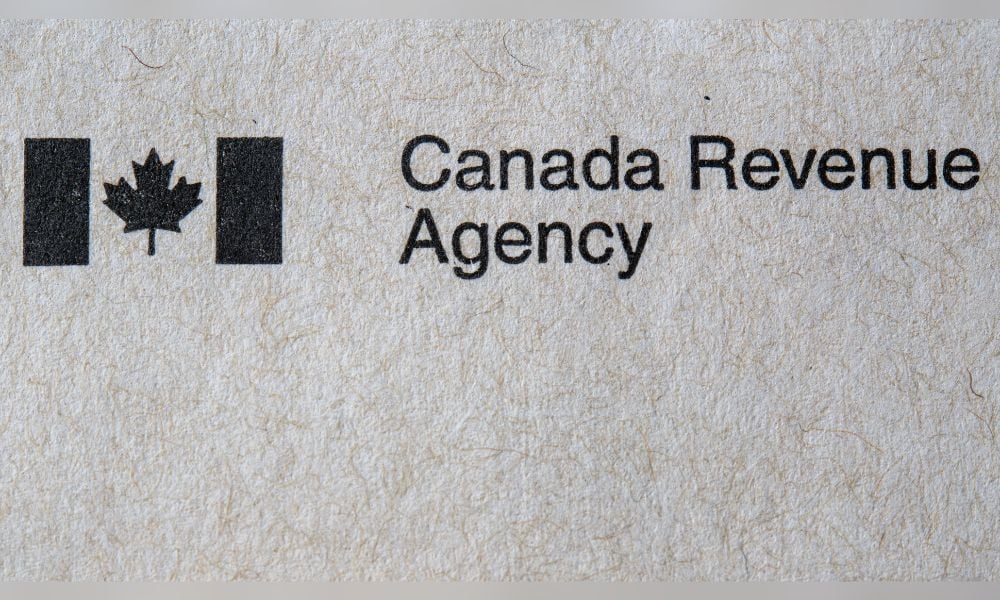Firms that paid the now-cancelled digital tax face uncertainty until Parliament reconvenes

Companies that already paid the now-rescinded digital services tax (DST) will not receive refunds until Parliament passes formal repeal legislation, according to the Canada Revenue Agency (CRA), as reported by BNN Bloomberg.
The delay comes after Prime Minister Mark Carney announced Sunday that Canada would abandon the DST in a bid to resume trade negotiations with the United States, as reported by CBC.
The tax, which was scheduled for its first payment on Monday, would have applied retroactively to 2022 and cost American firms such as Amazon, Google, Meta, Airbnb, and Uber an estimated US$2bn.
Although the CRA has collected some DST revenue, a spokesperson said the agency will only issue refunds once Parliament formally revokes the tax.
Members of Parliament are currently on summer recess and are not scheduled to return until September 15.
In the meantime, the CRA has waived the requirement to file a DST return ahead of the June 30 deadline and will not request related payments, according to a CRA spokesperson cited by CBC.
The decision to repeal the tax was made “in anticipation of a mutually beneficial comprehensive trade arrangement with the United States,” according to a statement from Canada’s finance ministry reported by CTV News.
Finance Minister François-Philippe Champagne is expected to introduce legislation to revoke the tax.
According to CBC, Carney stated that the digital services tax reversal was “part of a bigger negotiation.” He added that it was also “something that we expected in the broader sense that would be part of a final deal.”
He added that the move would provide businesses with some certainty, noting that “it doesn’t make sense to collect tax from people and then remit them back.”
Colin Robertson, a former diplomat and vice president of the Canadian Global Affairs Institute, told BNN Bloomberg that the DST was always a bargaining chip in the trade talks and “something we were probably going to give up.”
He noted that concessions are typically made at the end of negotiations.
Trade talks between Canada and the US resumed Monday morning, with both sides still aiming for a deal by July 21, as per CBC.
The timeline was originally set during Carney’s meeting with US President Donald Trump at the G7 summit in Alberta last month.
Following Carney’s announcement, the White House claimed Canada had “caved” under pressure from Trump, who had threatened to end trade negotiations unless the DST was scrapped, according to CTV News.
The tax, proposed in the Digital Services Tax Act, would have applied a three percent levy on digital revenue above $20m annually from Canadian users, and would have affected major US tech companies including Apple and Alphabet’s Google.
Tariq Nasir, partner at EY Canada’s indirect tax practise, said some companies had already begun processing payments but found the transactions were not going through at the CRA.
He told CBC that the sudden change left businesses uncertain about how to account for the payments in their upcoming quarterly financial statements.
Robertson added that other countries observing Canada’s DST policy would take note of the repeal.
He argued it would be “far better” to pursue tax policy multilaterally through settings like the Organisation for Economic Co-operation and Development (OECD), where several European countries have proposed or implemented similar levies.
He also said Canada should consider reviewing the United States-Mexico-Canada Agreement (USMCA), which replaced NAFTA in 2020, as broader trade negotiations continue.



